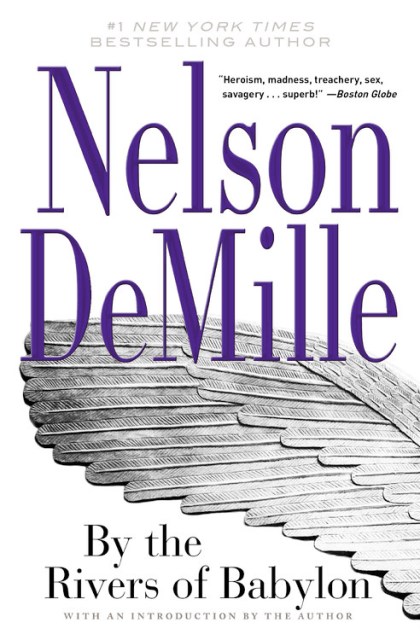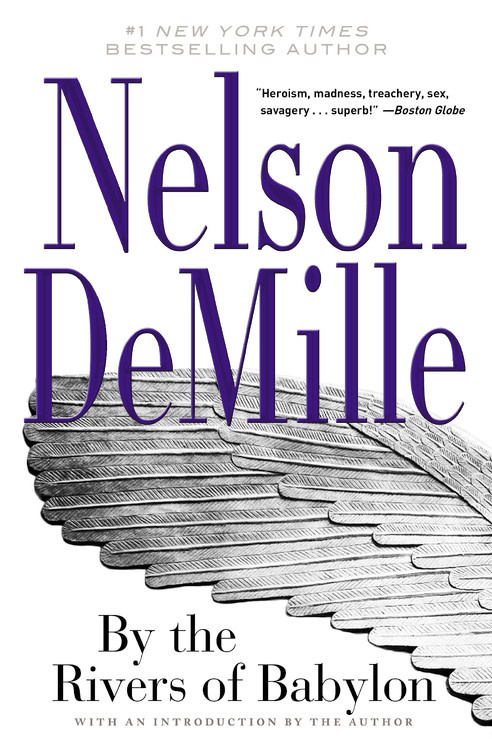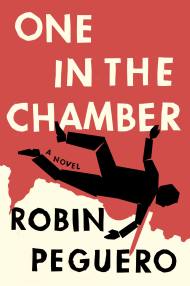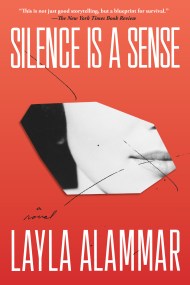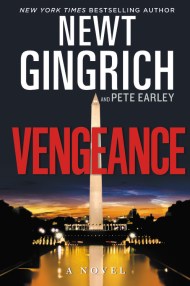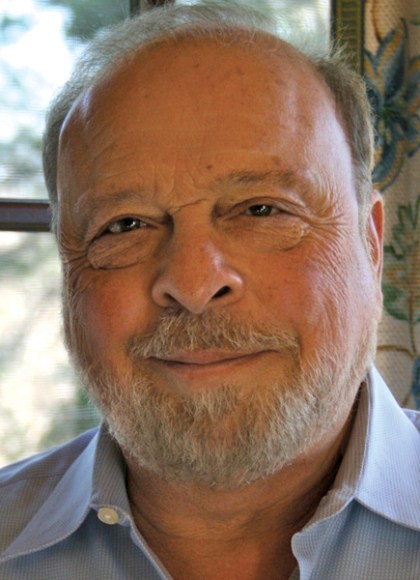By the Rivers of Babylon
Contributors
Formats and Prices
Price
$17.99Price
$22.99 CADFormat
Format:
- Trade Paperback $17.99 $22.99 CAD
- ebook $8.99 $10.99 CAD
- Audiobook Download (Unabridged)
- Trade Paperback (Large Print) $30.99 $39.99 CAD
- Mass Market $9.99 $11.99 CAD
This item is a preorder. Your payment method will be charged immediately, and the product is expected to ship on or around September 29, 2015. This date is subject to change due to shipping delays beyond our control.
Also available from:
Lod Airport, Israel: Two Concorde jets take off for a U.N. conference that will finally bring peace to the Middle East. Covered by F-14 fighters, accompanied by security men, the planes carry warriors, pacifists, lovers, enemies, dignitaries — and a bomb planted by a terrorist mastermind.
Suddenly they’re forced to crash-land at an ancient desert site. Here, with only a handful of weapons, the men and women of the peace mission must make a desperate stand against an army of crack Palestinian commandos — while the Israeli authorities desperately attempt a rescue mission. In a land of blood and tears, in a windswept place called Babylon, it will be a battle of bullets and courage, and a war to the last death.
- On Sale
- Sep 29, 2015
- Page Count
- 544 pages
- Publisher
- Grand Central Publishing
- ISBN-13
- 9781455581740
By clicking 'Sign Up,' I acknowledge that I have read and agree to Hachette Book Group’s Privacy Policy and Terms of Use
